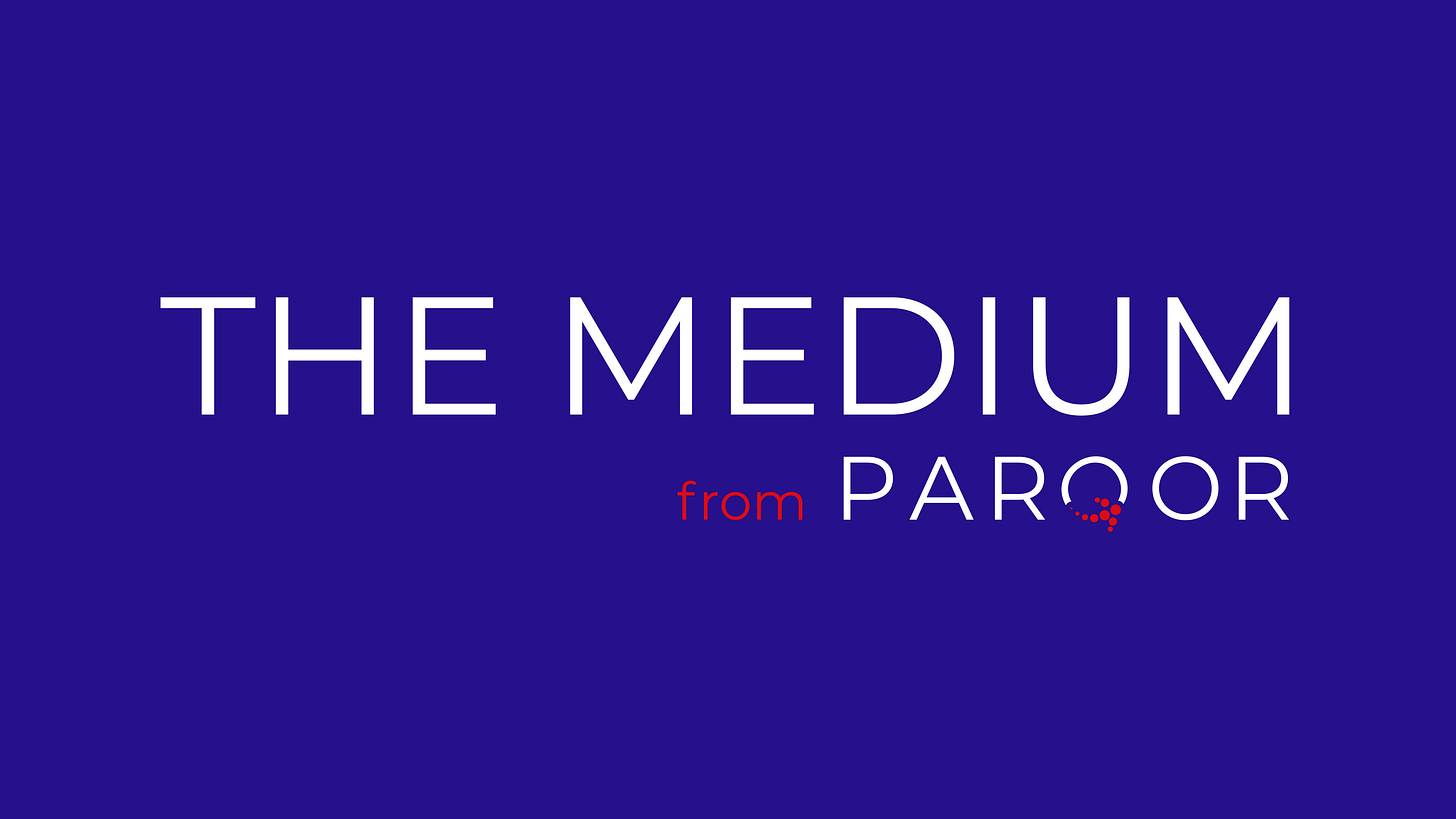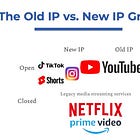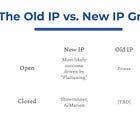I Surfed a 60 Foot Wave With Sora
Why "MittyIP" or "MeIP" might be the future of content—But OpenAI doesn't have the business model (...yet?)
I went down the rabbit hole with OpenAI’s Sora app over the weekend (I am @parqor if you want to follow me there). After a day of toying with some ideas based on short, 10-second videos in my feed from other users—TED Talks with historical figures, scenarios involving public television painter Bob Ross, countless videos of OpenAI co-founder and CEO Sam Altman—I got inspired by a friend who created videos of himself skydiving and heli-skiing.
So, I created videos of myself surfing—big waves and in competition—winning championships in a 400m race, scoring a try for USA rugby, and scoring a “golazo” in a professional soccer match.
I became Walter Mitty, the protagonist of the famous short story in the New Yorker from 1939 (and two different movies starring Danny Kaye (1947) and Ben Stiller (2013)). In that story, Mitty is a mild-mannered resident of Waterford, CT who gets lost in five daydreams where he is the hero, all while driving his wife to a beauty parlor appointment.
Sora seems to produce videos to make the user feel “Mittyesque” because every outcome reaches for feel-good heroism. Obviously that will not always be the case —the syntax of a text-to-video prompt will ultimately dictate what is produced.
The interactivity mirrors gaming: My inputs dictate the video outputs within the constraints of the software and hardware.
The video outputs mirror TikTok, YouTube Shorts or Instagram Reels, and in some ways, they are more entertaining because they are Mittyesque.
Sharing videos to a feed of other short videos on Sora, or on other platforms like WhatsApp and Instagram, mirrors the social video apps.
So it is gaming, video and social media (a point Showrunner founder and CEO Edward Saatchi made to me last summer. That reads like an updated sales pitch of Apple CEO Steve Jobs’ famous introduction of the iPhone:
“A widescreen iPod with touch controls; a revolutionary mobile phone; and a breakthrough Internet communications device. An iPod, a phone, and an Internet communicator. An iPod, a phone… are you getting it? These are not three separate devices, this is one device, and we are calling it iPhone.”
Sora offers a powerful version 2.0 of the sales pitch.
A Caveat Quickly Emerges
On Friday, OpenAI quickly reversed a key part of its sales pitch to users I highlighted last Thursday: The burden was originally on copyright holders to opt out of having their work appear in the videos.
Altman wrote in a blog post: “we will give rightsholders more granular control over generation of characters, similar to the opt-in model for likeness but with additional control.”






